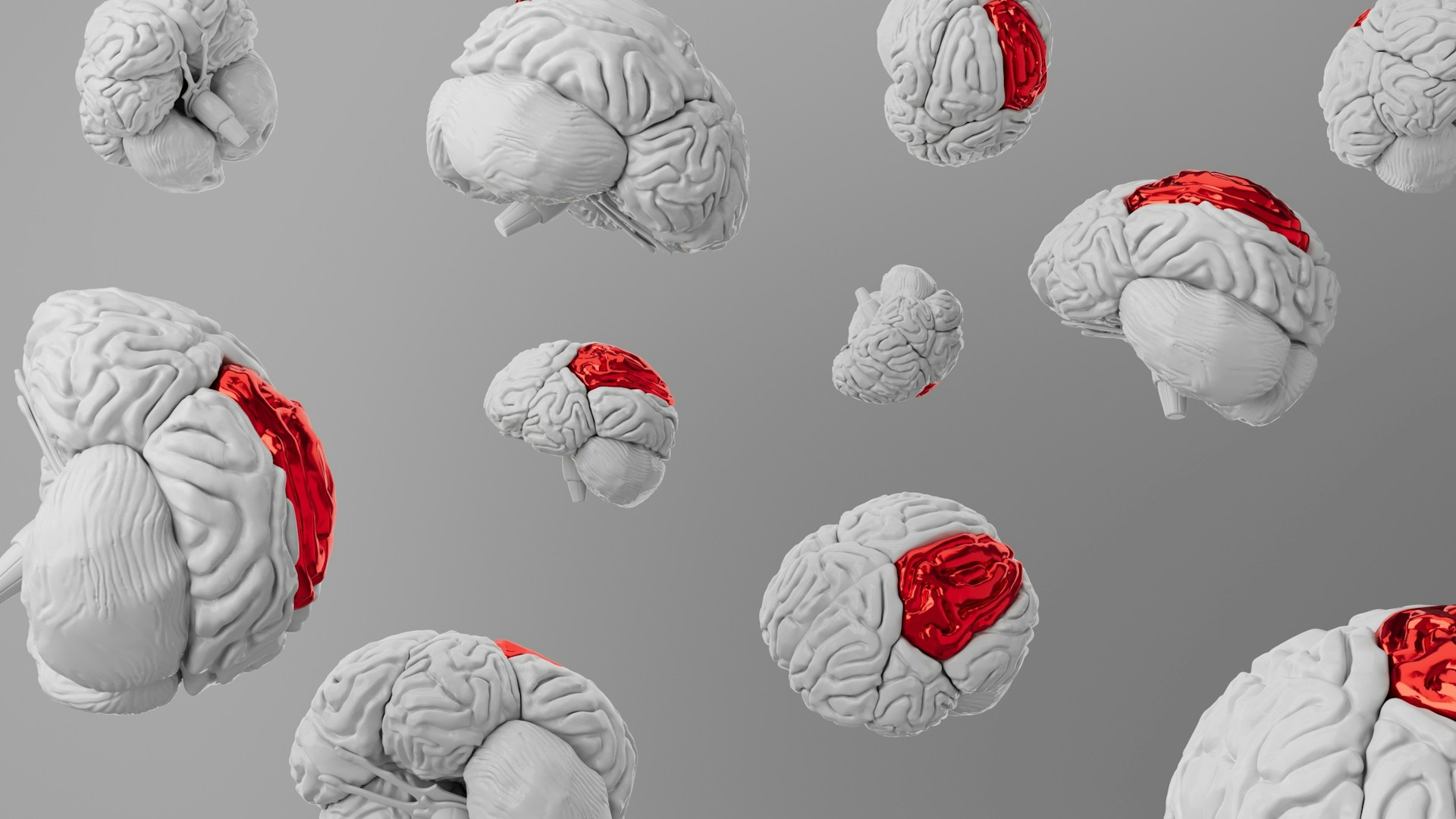Lifestyle
Daily Habits to Keep Your Brain Sharp and Healthy

Maintaining cognitive health is more about your overall lifestyle than any specific brain-boosting program. Experts emphasize that simple daily habits can significantly impact keeping your brain young and healthy as you age. Here are seven daily practices recommended by neurologists, geriatricians, and other top-rated doctors to help preserve your cognitive health.
Exercise Regularly
Regular physical activity is not just good for your body; it’s essential for your brain as well. Dr. Verna Porter, a neurologist and director at Providence Saint John’s Health Center, notes that exercising can reduce your risk of developing Alzheimer’s disease by up to 50 percent.
“Exercise may slow existing cognitive deterioration by stabilizing older brain connections (synapses) and help make new connections possible,” she explains. Aim for 30 to 45 minutes of exercise per day, four to five days a week, combining aerobic and strength training.
Stay Mentally Stimulated
Keeping your mind active is crucial to maintaining cognitive health. Dr. Alejandro Alva, a psychiatrist and medical director at the Mental Health Center of San Diego, emphasizes the importance of regular mental challenges.
“Just as muscles weaken if not used, our brains can lose their edge if they aren’t challenged regularly,” he says. Engage in activities like reading, solving puzzles, or learning new skills to keep your brain sharp.
Spend Time with Loved Ones
Social connections play a vital role in brain health. “Staying socially engaged may help protect against Alzheimer’s disease and dementia in later life; maintaining a strong network of family and friends is very important,” says Dr. Porter. Face-to-face interactions are particularly beneficial, so consider joining clubs, volunteer organizations, or social groups to stay connected.
Make Thoughtful Food Choices
A nutrient-dense, plant-focused diet can significantly benefit your brain. Dr. Scott Kaiser, a geriatrician at the Pacific Neuroscience Institute, recommends foods rich in antioxidants and phytonutrients, such as green leafy vegetables, berries, green tea, and nuts. For a structured approach, Dr. Porter suggests the MIND diet, which is associated with a reduced risk of cognitive decline.
Prioritize Quality Sleep
Good sleep hygiene is vital for cognitive health. Poor sleep has been linked to cognitive decline due to higher levels of beta-amyloid depositions, which Dr. Porter describes as “a sticky ‘brain-clogging protein’ that interferes with brain function.” Uninterrupted sleep is crucial for flushing out these brain toxins.
Manage Stress Effectively
Chronic stress can have detrimental effects on your brain. Incorporate stress-reducing activities like meditation, yoga, or deep-breathing exercises into your daily routine. These practices can help maintain your mental well-being and cognitive health.
Get Enough Omega-3 Fatty Acids and Magnesium
Ensuring adequate intake of omega-3 fatty acids and magnesium is crucial for brain health. Nutrition expert Robert Iafelice emphasizes that “both of these nutrients are important for optimal nerve transmission and for lowering brain inflammation.” You can obtain these nutrients through your diet or supplements.
These seven daily habits can help keep your brain young and healthy as you age. By incorporating regular exercise, mental stimulation, social connections, a healthy diet, quality sleep, stress management, and essential nutrients into your routine, you can significantly enhance your cognitive health and overall well-being.
Let us know what you think, please share your thoughts in the comments below.
